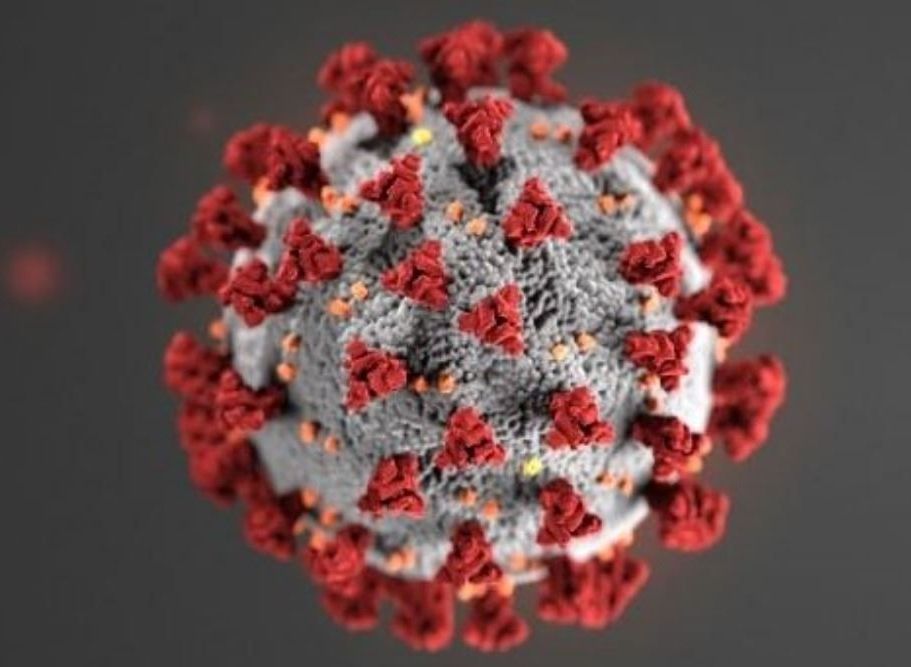Israeli Supreme Court: No justification for govt's use of emergency COVID-19 regulations, four months after Knesset opens
The Israeli Supreme Court on 16 August 2020 dismissed a petition filed by Adalah – The Legal Center for Arab Minority Rights in Israel and the Joint List on 5 April 2020 against the Israeli government’s continuous approval of emergency COVID-19 regulations without Knesset oversight.
The Supreme Court ruled – five months after the filing of the case - that the government is now acting through primary legislation following the passage of a law at the end of July 2020, dubbed the “Major Coronavirus Law”, which grants emergency powers to the Israeli Cabinet during the COVID-19 crisis, while reducing parliamentary oversight.
Adalah and the Joint List argued in the petition that the government was continuously decreeing emergency regulations without the oversight of the Knesset, which convened for the first time on 26 March 2020, and thus without authority and in violation of the Basic Law: The Government, and that these declarations constitute a serious violation of the principles of separation of powers and the rule of law. Adalah’s position was further reinforced by the Israeli attorney general who expressed his clear position, in a letter sent to the prime minister, that there are constitutional problems with the continued announcement of these emergency regulations.
On 7 May 2020, the Israeli Supreme Court held a hearing in which the five presiding justices sharply criticized the government’s continued declaration of dozens of new regulations, without proposing them as bills to the Knesset. The justices stressed that alongside the issue of dealing with dynamic situations that require a swift response, many regulations on non-urgent issues were proclaimed by bypassing the Knesset without any justification, or that the period of time that had elapsed since they were declared requires that they be regulated through legislation. Following the hearing, the court ordered the state to provides updates as to whether it intends to move ahead with legislation for the purpose of addressing changing situations arising from the state of emergency. This move eventually led to the legislation of the “Major Coronavirus Law”.
The Supreme Court dismissed the petition on the grounds that once the “Major Coronavirus Law” was enacted, the remedy sought in the petition was deemed unnecessary. At the same time, the ruling again criticized the government's delay in legislating emergency regulations, stating that "it was expected that after the inauguration of the 23rd Knesset and the establishment of the organizing committee, government bills intended to replace the emergency regulations will be brought forth faster to the Knesset”.
Adalah points out that in a long line of Supreme Court petitions filed by various petitioners against the implications of the emergency COVID-19 regulations since mid-March 2020, the court dismissed the arguments that the government lacked authority to enact the regulations, emphasizing that the issue would be decided in this petition of Adalah and the Joint List.
The court refrained from issuing a decision on principle issues arising from the petition, including on questions of separation of powers and violation of the principles of the rule of law. In doing so, the court left open practical questions to be examined in the hearing of another petition filed by Adalah in July 2020, demanding the cancellation of all fines issued to individuals under the emergency COVID-19 regulations (See HCJ 5314/20 Adalah v. Israeli Attorney General).
Case Citation: HCJ 2399/20, Adalah and the Joint List v. The Prime Minister (case dismissed 16 August 2020)

















